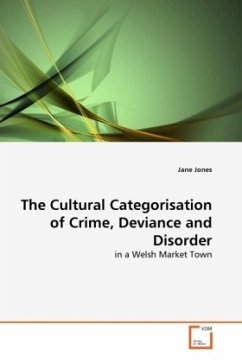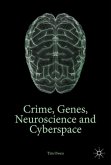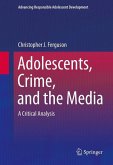Rural communities across Britain are witnessing local level social, political and economic developments within the broader context of a more general contemporary restructuring of the countryside. In one market town in North Wales the response to in-migration has manifested in the local population categorising incidents of crime, deviance and disorder as markers of cultural identity and belonging. This book argues that such a construction can be situated within both global and local processes, and is effectively what can be termed one 'glocal' response to wider social change. It provides an in-depth qualitative study of how and why incidents of crime, deviance and disorder were utilised to symbolise a threat to traditional Welsh culture and belonging. It will be a useful text for those working within rural communities on a number of fronts, particularly as it emphasises that local context matters to how crime, deviance and disorder are experienced and responded to. More generally it should also be useful to social scientists researching and working in the field of rural studies.
Bitte wählen Sie Ihr Anliegen aus.
Rechnungen
Retourenschein anfordern
Bestellstatus
Storno








